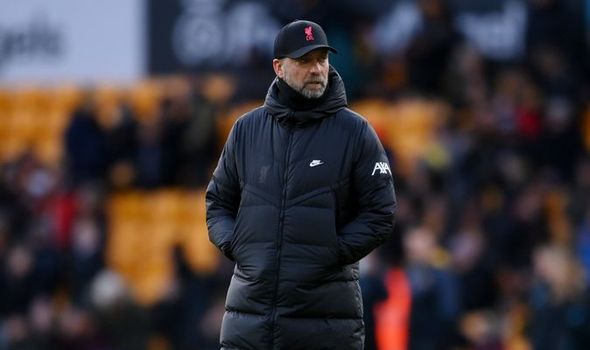In the ever-expanding universe of professional football, a familiar voice has once again cut through the noise, articulating a frustration shared by many: Jurgen Klopp. The former Liverpool manager, now an integral part of Red Bull`s global football strategy, has not minced words in his staunch criticism of the relentless march towards more competitive fixtures. His target? The very governing bodies — FIFA and UEFA — that shape the sport`s global calendar, seemingly at the expense of its most vital assets: the players.
Klopp`s recent commentary paints a vivid picture of a sport teetering on the edge of unsustainability. He argues that the incessant addition of new tournaments and competitive matches is not merely an inconvenience but a significant threat to player welfare, manifesting in fatigue and, inevitably, injuries. It`s a technical critique wrapped in passionate delivery, reflecting years spent at the sharp end of elite football management.
The Club World Cup: A 32-Team Spectacle Klopp Skipped
Among Klopp`s chief grievances is the expanded FIFA Club World Cup. This summer, the tournament ballooned from a modest eight teams to a colossal 32, a move met with considerable skepticism from those tasked with managing squads day-in, day-out. Klopp`s stance was unequivocal: a personal boycott. He admitted to sailing through the tournament without watching a single game, even as his new employers, Red Bull Salzburg, participated and were subsequently eliminated in the group stage.
“The physical part is really, really tough for the players,” Klopp observed, highlighting the visible toll on top clubs. “Paris [Saint-Germain] had a few injuries, Chelsea has now injuries, too many. Let me see, who was in the Club World Cup final? Ah, Chelsea against Paris! Surprise! It`s just too much but the big story`s not out there yet and talking and bringing the Club World Cup together with that situation and I don`t want to jinx it. I`m not a witch. I just tell you from all my experience, we cannot do it like that constantly.”
This “I survived easily” sentiment, delivered with typical Kloppian bluntness, underscores a profound disillusionment with the direction of the game. It’s not just about winning; it’s about the very feasibility of participating without risking the careers of the players.
The Nations League: Friendlies Replaced by Farce?
Klopp traces the root of the current fixture malaise back to the UEFA Nations League, an initiative launched in 2018. Designed to replace largely uncompetitive international friendlies with more meaningful contests, Klopp views it as a prime example of well-intentioned changes going awry. What was once an opportunity for players to decompress or for managers to experiment, transformed into another battleground where points, promotion, and relegation hung in the balance.
“I was —in Germany, I`m not sure you say it here as well – on the trees, angry, when they started the [UEFA] Nations League,” he recalled. “Now, no friendly games anymore. That sounds like, why do we have friendly games? Because it`s nice! They played, they can prepare, whatever, we don`t need a competition.”
The former Liverpool boss recounted exasperated conversations with national team coaches who felt compelled to play his fatigued stars lest they face the ignominy of Nations League relegation. The idea of “relegation” from what he perceived as an unnecessary additional competition struck him as particularly absurd. It`s a stark illustration of how commercial and competitive pressures have permeated every corner of the football calendar.
The Future Threat: An Ever-Expanding World
The concerns extend beyond existing tournaments. Klopp also took aim at proposals like CONMEBOL`s idea to expand the 2030 World Cup to a staggering 64 teams. While FIFA is reportedly not considering such a drastic measure, the mere suggestion highlights a pervasive mindset: an insatiable desire for more, more, more. “They cannot get enough. They cannot get enough and that`s not great,” Klopp lamented, encapsulating the sentiment of many within the sport.
This relentless pursuit of expansion raises critical questions about the quality of the game, the longevity of careers, and the fundamental joy of watching football. Will we reach a point where every match feels like a drain, rather than a spectacle, simply due to the sheer volume?
A Call for Authentic Dialogue
Klopp is not a lone voice in this wilderness. Former player and current analyst Thierry Henry echoed similar sentiments, stressing that the debate isn`t about player salaries, but about fundamental welfare. Henry`s plea is simple yet profound: involve the current players. Not the legends, not the administrators, but the individuals who physically endure the consequences of these decisions.
The consensus emerging from these critiques is clear: it`s time for governing bodies to engage in an honest, educational dialogue with the players` unions. The actors on the pitch are the ones living this reality. Their voices, often drowned out by the clamor for increased revenue and spectacle, must be prioritized. If modern football is to thrive, it must first ensure its heroes can survive the very calendar designed for them.









